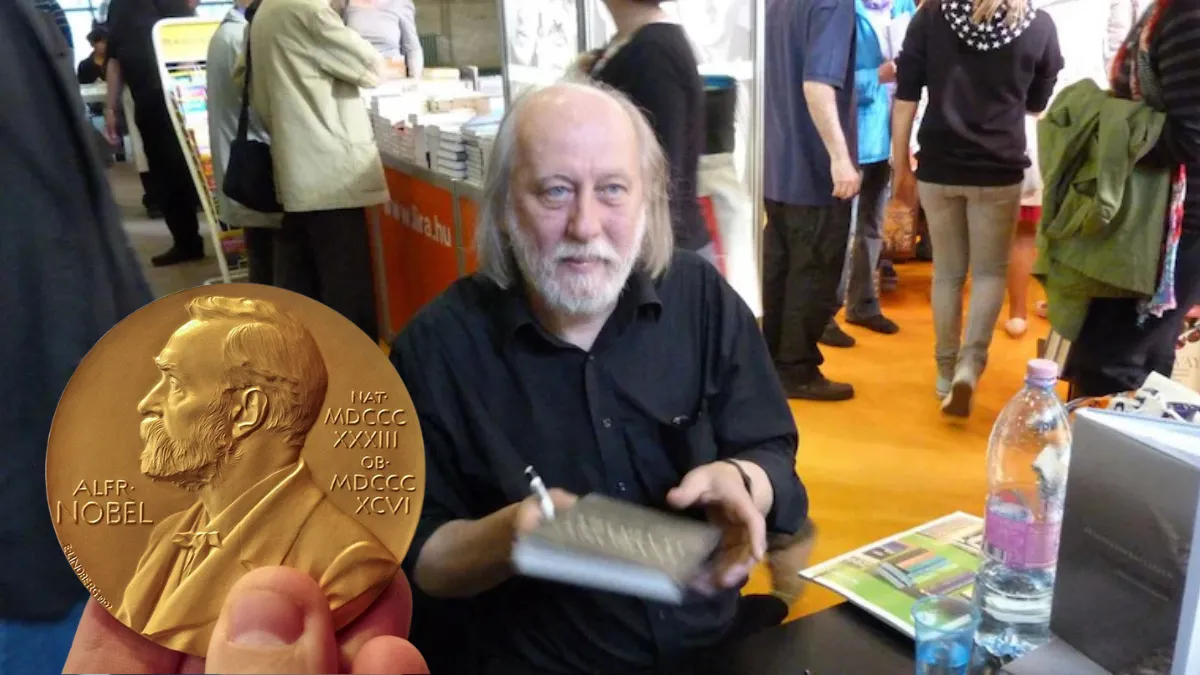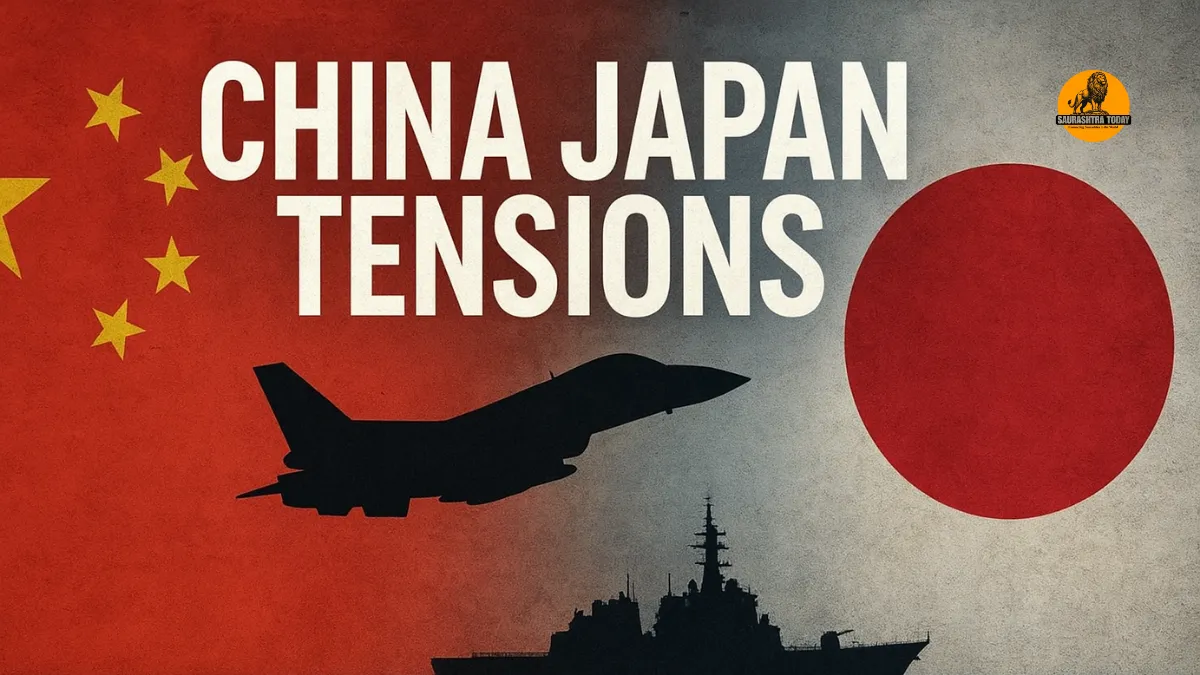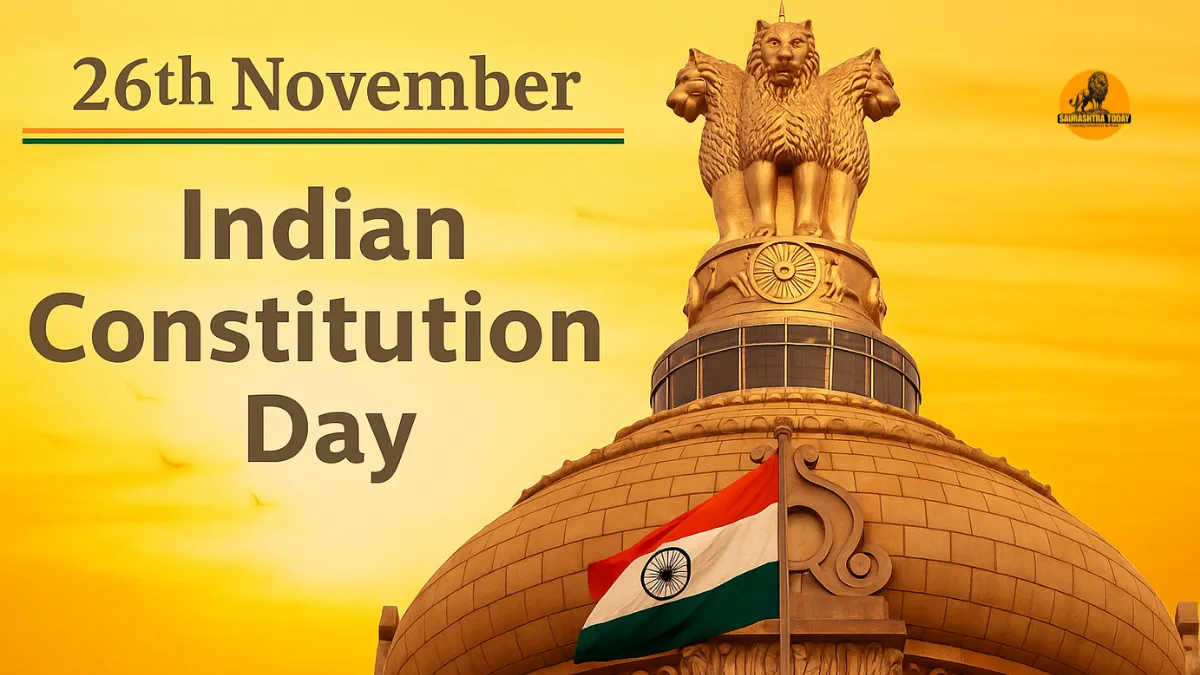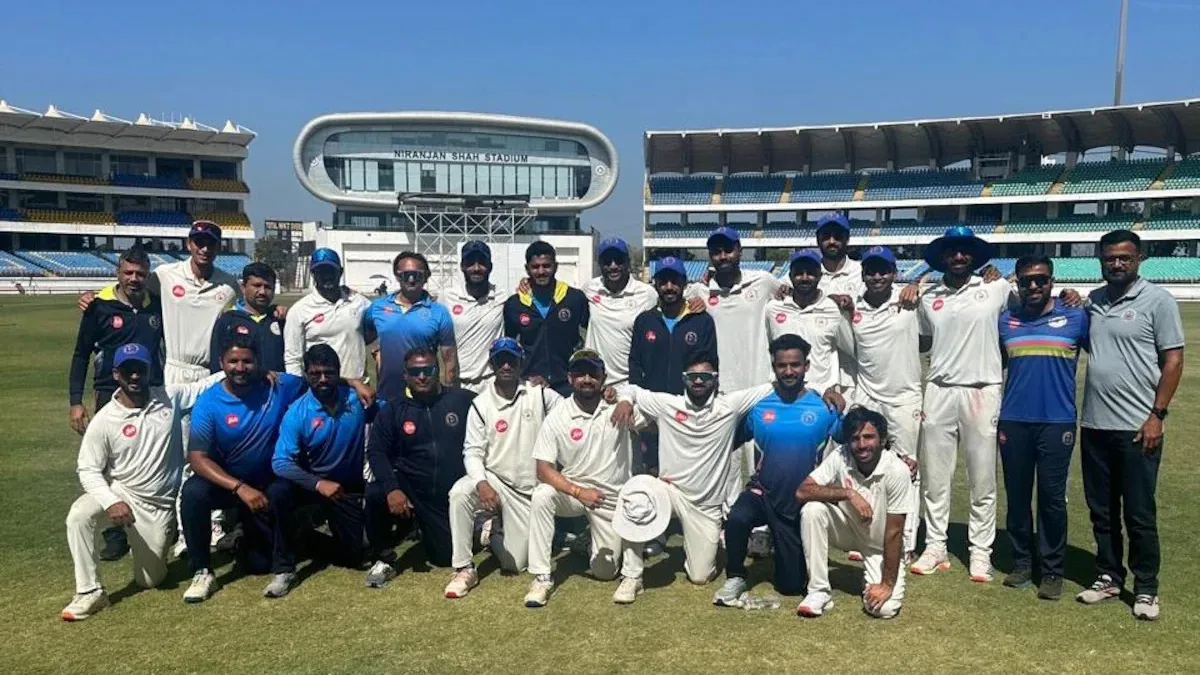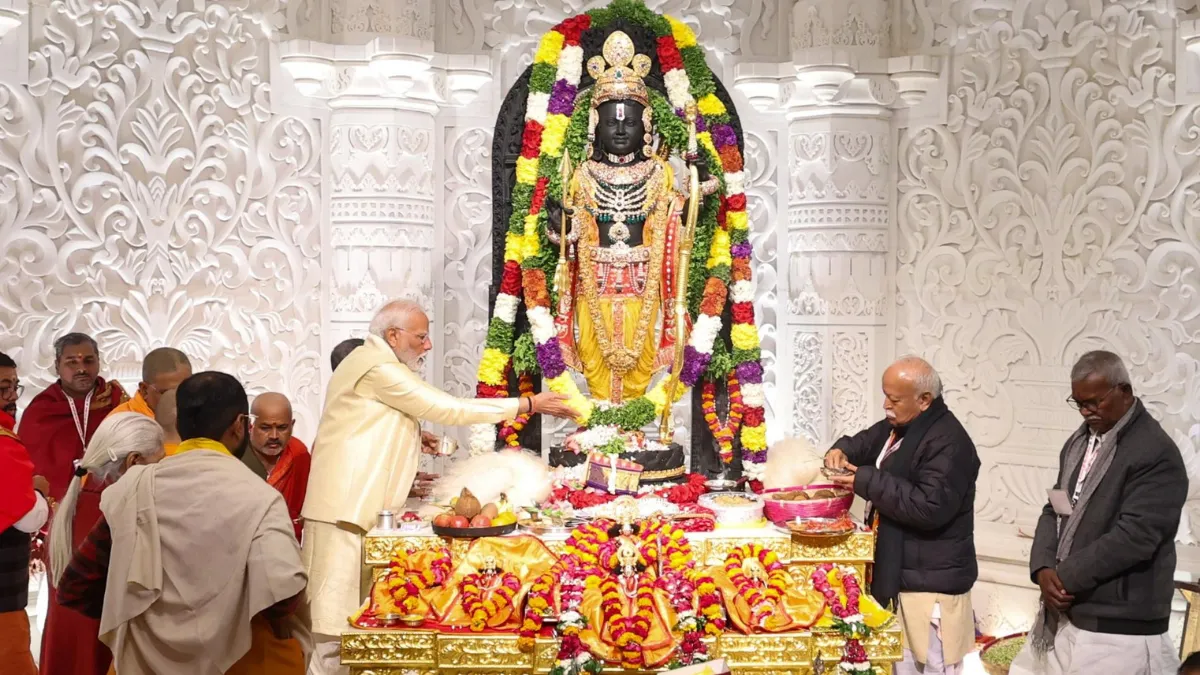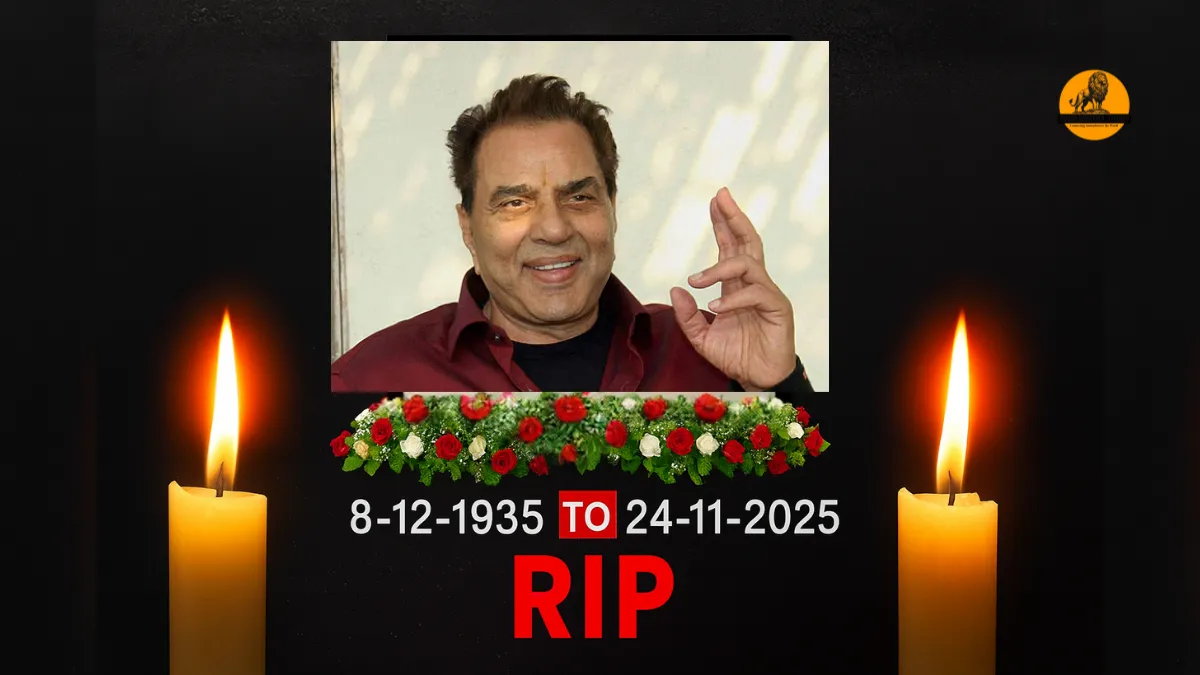Nobel Prize 2025 Literature Winner: The Nobel Prize 2025 in Literature has been awarded to László Krasznahorkai, a visionary Hungarian author celebrated for his deep, philosophical storytelling. Known for his long, intricate sentences and exploration of human despair and resilience, Krasznahorkai’s work has profoundly shaped modern European literature. His recognition with the Nobel Prize 2025 Literature Winner title reaffirms his lasting influence on global art and culture.
About the Nobel Prize 2025
The Nobel Prize is one of the most respected global honors, recognizing outstanding contributions in fields such as Literature, Peace, Physics, Chemistry, Medicine, and Economic Sciences. Established by Alfred Nobel, the award celebrates individuals and organizations whose innovative work continues to inspire progress and human understanding.
Each year, the Nobel Committee honors those who push the boundaries of knowledge and creativity. The Nobel Prize 2025 continues this proud tradition by recognizing achievements that enlighten minds and shape the cultural and intellectual fabric of society.
Who is László Krasznahorkai?
László Krasznahorkai was born on January 5, 1954, in Gyula, Hungary. He is widely regarded as one of the most powerful and original voices in contemporary literature. His novels often explore profound themes such as isolation, chaos, and the search for meaning in an increasingly complex world.
Krasznahorkai’s signature writing style features long, poetic sentences that create a hypnotic rhythm, immersing readers into his intense, thought-provoking universes. His work blends philosophy, history, and emotional depth, drawing readers into a world where despair and hope coexist.
Nobel Prize 2025 in Literature: Recognition for Visionary Storytelling
The Swedish Academy awarded László Krasznahorkai the Nobel Prize in Literature 2025 for his visionary storytelling and his ability to portray the endurance of art amid despair. The Academy praised his writing for its complexity, emotional honesty, and unflinching look at the human condition.
Through his distinctive prose and philosophical insight, Krasznahorkai reveals how beauty and meaning survive even in a chaotic and fragmented world. His Nobel Prize marks a recognition not just of his literary excellence but also of his dedication to exploring truth through art.
Education and Early Life
László Krasznahorkai completed his early education at Erkel Ferenc High School, graduating in 1972, where he studied Latin. He initially pursued a degree in Law at the University of Szeged and later continued his studies at Eötvös Loránd University (ELTE) in Budapest.
However, his passion for literature soon led him to switch fields, focusing on Hungarian language and literature. His thesis was based on the works of the renowned Hungarian writer Sándor Márai. During his student years, Krasznahorkai also worked at Gondolat Publishing House, which provided him with early exposure to the world of books, authors, and literary editing.
Literary Career and Famous Works
After finishing his studies, Krasznahorkai began his professional journey as an editor, but his creative drive soon led him to become a full-time writer in 1984.
His debut novel, “Sátántangó” (1985), became a landmark in Hungarian literature. The novel portrays the slow decay of a small, isolated village and is known for its haunting beauty and dense, continuous prose. The book later gained international fame after being adapted into a film by Béla Tarr, further cementing Krasznahorkai’s global reputation.
Some of his most acclaimed works include:
- “The Melancholy of Resistance” (1989)
- “War and War” (1999)
- “Seiobo There Below” (2008)
- “Baron Wenckheim’s Homecoming” (2016)
These novels are deeply philosophical, blending apocalyptic visions with spiritual and artistic exploration. “Baron Wenckheim’s Homecoming” earned him the National Book Award for Translated Literature (USA), while “Seiobo There Below” won international praise for its exploration of art, divinity, and human aspiration.
Awards and Global Recognition
László Krasznahorkai’s career is decorated with some of the highest literary honors in the world. His ability to craft timeless and complex narratives has made him one of the most respected figures in global literature.
Key awards and recognitions include:
- Nobel Prize in Literature 2025 – for his visionary storytelling and profound artistic voice.
- National Book Award for Translated Literature (USA) – for Baron Wenckheim’s Homecoming.
- Man Booker International Prize – for his exceptional body of translated work.
- Best Translated Book Award – for Seiobo There Below and Sátántangó.
- Kossuth Prize (Hungary) – the highest literary honor in Hungary, acknowledging his lifelong contribution to national literature.
His works have been translated into multiple languages, making his influence reach far beyond Hungary. Many of his novels have been adapted into films, particularly through his collaboration with filmmaker Béla Tarr, who brought his complex worlds to the screen with poetic precision.
Also read: 3 Scientists Win 2025 Nobel Prize in Physics for Groundbreaking Quantum Mechanics Research
Legacy and Influence
László Krasznahorkai’s influence extends beyond his books. His writing challenges readers to slow down, reflect deeply, and experience the rhythm of thought and emotion. His work stands as a testament to the power of language and art to reveal truth in times of confusion.
By winning the Nobel Prize 2025 Literature Winner title, Krasznahorkai has joined the ranks of literary greats like Gabriel García Márquez, Kazuo Ishiguro, and Olga Tokarczuk. His win highlights the enduring importance of literature that dares to ask the most difficult questions about existence, hope, and humanity.
Also read:Nobel prize mof: Susumu Kitagawa, Richard Robson, and Omar Yaghi Win 2025 Nobel Prize in Chemistry
Conclusion
The selection of László Krasznahorkai as the Nobel Prize 2025 Literature Winner celebrates more than a writer—it honors a visionary thinker whose words illuminate the complexity of modern life. His body of work continues to inspire readers and writers worldwide, proving that literature remains a powerful force for reflection, empathy, and transformation.
